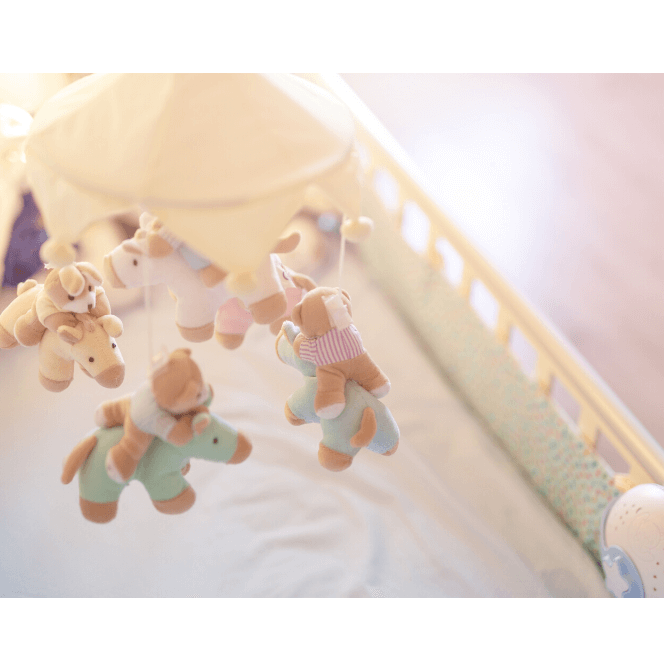In June 2020, I released a new report from a qualitative project with perinatal women in England during the England lockdown of spring 2020, listening to their accounts of having and raising babies amidst the pandemic. This follows from my ongoing research on the role of digital technologies in maternal and paternal mental health and aligned quite fittingly to my own position at the moment, as I found myself locked down with an 8 week old infant who has now spent more than half of her life in lockdown. COVID-19 stands to impact perinatal mental health significantly. The pandemic might be reasonably expected to heighten pressures across the board during pregnancy and maternity by bringing higher socio-economic risks for women, exacerbated psycho-social risks, maternal isolation, halted routine contact with health-care professionals and familial/peer networks, relationship stresses and heightened maternal anxiety. These are significant sources of additional pressures perinatally. COVID-19 and its broader socio-economic impacts, social distancing measures and changes to ante-natal and post-natal support services are likely to impact maternal mental health perinatally (before and after childbirth) with short and long-term risks for women, babies and families. In addition, such impacts in pregnancy and maternity will be experienced differently across communities, as evidence already exists that mothers from vulnerable groups and minority communities are at greater risk of poor mental health perinatally. In addition, minority-ethnic mothers face increased risks.
Mother-blame, priceless infants and a novel virus
The full report covers a range of findings on exacerbated inequalities perinatally, and uncertain and uneven experiences of a digital pivot, and outlines recommendations for an uncertain new normal, but in this piece, I wished to focus on the notion of maternal anxiety amidst the pandemic, and the ways in which such anxiety is a lens into the gendered nature of maternal blame, maternal guilt and shame which underlies the mothering of babies in contemporary societies. All of this is now heightened, I suggest, in the context of an external threat of the novel Coronavirus.
In my recent monograph, I had worked through my data to argue that in the vast majority of conversations with mothers on their experiences of anxiety, it seemed that highly meticulous discussions of foetal and infant wellbeing worked as camouflages, such intense anxieties about infants hiding the enormity of the burdens placed societally, structurally on mothers, to sacrifice themselves for the wellbeing of the infant – the priceless gem on whom societal futures reside. The new work I have just completed on birthing and raising babies through the COVID-19 pandemic echoes these arguments entirely, in women’s intense experiences of anxiety around the virus.
Anxiety around the virus itself featured for 12 out of 14 women. This was sometimes about the baby, sometimes about others, sometimes more low-level and everyday, and sometimes paralysing anxiety leading to harsher self-imposed lockdown restrictions. Anna, found that her undiagnosed anxiety heightened around virus as a consistent, everyday feature –
“I am … mentally I’ve had a few days where I’ve just cried and stressed myself out and I’m … I’m in a constant state of stress, like do I take him out if … what … that person’s coming too close to me, what if they’ve got it? I can’t take him to the supermarket, what if it’s on my clothes, what if it’s on the shopping? You know what if my mum’s got it and she brings it home from work? It’s all the background niggly question things” Anna then demonstrates another layer of anxiety “ooh is my nan OK? Is she fine? You know, it’s her birthday, no one’s going to see her and things like that”
In such circumstances, for some, like Emilia, lockdown was experienced as a relief – “So as soon as I had her, there was anxiety then, you know and having all them people round at your house, coming and visiting … So really you know lockdown was a bit of a relief for me”. But reading into this, what are the implications of this for Emilia herself? The risks of such a stance? But even for Emilia, small, subtly expressed desires for things to be different if only expert advice might take the decision-making around these risks out of her hands –
“For a new mum, you want someone to tell you that it’s safe, or you want someone to say, you know obviously you can’t be 100% safe but the chance alone … there’s nothing out there that’s saying that. Yeah, you just want someone to say it’s safe for you to do this, it’s safe for you to take your baby out”
Anxiety was a constant process, it seemed, of prioritising infant over mother’s own needs, as previous research has also demonstrated – and a tussle between the difficulties for the mother with a self-imposed stricter than normal lockdown and the intense anxiety over the infant or foetus. These two contrasting pulls resulted always in mother prioritising baby, and in some cases, quite overtly, pressures from partner and family to prioritise baby over mother’s own emotional needs – rationalised and presented as logical anxiety around the virus.
This all, of course, fits into broader, societal expectations of putting mother over the child as a priceless symbol of societal futures, leading to maternal obliteration and pressures to sacrifice maternal needs. There were far-reaching impacts of such anxiety on maternal movements, maternal needs being met, and engaging with face to face healthcare appointments, so heightened was the imperative to protect the infant and foetus in some cases. Even anxiety around oneself and the virus experienced as intense protective anxiety towards the infant, as Bianca put it “I don’t know, you can’t risk it really, especially with my chest, I don’t want to leave my children motherless.”
This experiencing of anxiety built around the notion of maternal sacrifice of her own self to protect the infant led in many cases to self-imposed social isolation over and above lockdown measures. Self-imposed isolation was driven by an imperative to protect and place infant/foetus over mothers’ own self. A few instances of such self-imposed isolation demonstrate the degree to which these mothers were willing to isolate themselves to protect their babies –
Leah said – “I locked myself down a couple of weeks before she was born anyway, I was sort of locked down in March.”
Trisha said “for the first two weeks of lockdown I didn’t leave the house, I was petrified to go outside, the thought of taking her outside gave me a panic attack, like I just couldn’t do it.”
For Veena, such anxiety-fuelled social isolation and stringent self-imposed lockdown conditions resulted in her missing postnatal checks and a vaccination appointment for her baby –
“I couldn’t get my son weighed, we had his BCG appointment, I had to cancel that because I didn’t want to go to the hospital, I was too scared to go into the hospital to get his injection done, so I had to postpone that. I mean I had his normal checks fine, like his five day check was fine, his … what other check happened … yeah, that was the only ones I had. I had the breastfeeding lady come over as well and that was all fine, everything was fine, it was just afterwards when it was all on the news and stuff, I just didn’t want to go out the house. So I just cancelled all the appointments.”
Arfaana voices similar anxieties and resultant decisions to further isolate herself from healthcare professionals.
“I went to the GP once for her injections and the atmosphere there was quite scary, we were told to … yeah, it quite put me off to make an appointment or discuss with anyone. I think I contacted her health visitor for her check-up and I was told that they have stopped it for a while. So the health visitors are not coming you know?”
The future was bleak, in the eyes of most participants. Anxieties about the future for the baby, but also older children along the lines of socialisation and missing out featured across the interviews, but ultimately future-related worries linked most strongly to anxieties around virus, with the maternal self always obliterated in favour of protecting the infant. As societies which continue often to pathologize perinatal anxiety as individual, clinical conditions (alone), we need to locate the broader, longstanding gendered rhetoric which underlies such experiences, and begin to look at perinatal anxiety through a sociological lens.
Ranjana Das is Reader in Media and Communication, in the Department of Sociology at the University of Surrey. She specialises in the social uses and consequences of technology, with a current, ongoing focus on digital technologies, parenthood and mental health. Her work has been funded by the British Academy, the Wellcome Trust and the Arts and Humanities Research Council.
Ranjana tweets at @DrRanjanaDas.


